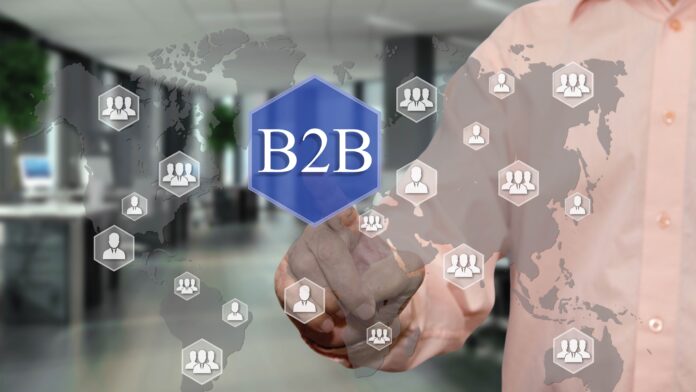The use of intent data to better understand the audience is quickly becoming the future of B2B marketing. One of the most significant obstacles to adopting intent data is determining its true value. The buyer journey and how customers make purchasing decisions are better understood with intent data.
It is no longer enough to merely trace the prospect’s behavior in today’s data-driven marketing and sales landscape. Enriched insights from buyer intent data are now a requirement to not only learn more about prospects but also to assess present and potential buying behavior, as well as to find best-fit prospects and customers.
Here are some of the reasons why today’s marketers and salespeople want buyer intent data to improve their marketing and sales ROI.
Intent data aids in the development of a more targeted lead generation strategy
It has already been established that no marketing team can move forward without first ensuring that they have a solid lead-generating strategy in place. Marketers, on the other hand, are spending their time on prospects without a targeted lead-generating strategy.
It is critical for marketers to identify quality leads that offer a better possibility of converting in order to accomplish a more targeted and ROI-driven lead generation strategy. Buyer intent data that enables marketing teams to trace buying triggers and signals from their prospects and further score leads based on their previous and current buying behaviors and market activity can help marketers develop a more well-rounded lead acquisition approach that meets consumer and prospect mindsets while impacting their buying decision at the right time.
Also Read: In 2021Brands are Focused on Increased Digitization and Social Touch to Influence New-Age B2B Buyers
Most marketing executives use intent data to track what prospects do when they visit their website, when they express interest in a product, and to measure how much time they spend reading or learning about a specific product or service. Scores will be assigned to these activities by enterprise marketers to help categorize leads depending on their level of interest in a service or product.
Intent data is used to create highly effective tailored campaigns and marketing messages
Marketers should use data to adjust messaging for individuals and different customer segments in order to build a more personalized marketing strategy.
This is where buyer intent data can assist marketers to get the information they need to address their prospects’ primary pain points. Marketers can now customize campaigns across social media, email, and phone calls, as well as customize website visits to dovetail messaging that speaks to their audience’s individual interests, thanks to today’s plethora of marketing tools.
Intent data helps businesses gain a deeper understanding of the potential and future clients
One component of the story is staying one step ahead of the competition. In today’s competitive business ecosystem, it’s also critical for marketers to remain ahead of their prospects’ buying cycles and anticipate their wants.
Data that allows marketers to break down a prospect’s or customer’s interest, past buying behaviors, current buying trends, and future interest in related services can help marketers not only define who their ideal prospects are but also which segment of that audience should receive more marketing effort and time. Buyer intent data helps marketers to reach these audiences at a time when they are thinking about and in the market for similar items and services.
Also Read: Enterprise Marketing: Accelerating B2B Growth with Intent Data
This shortens the buying process, and marketers can cooperate with their sales team to generate more interest and move prospects through the buying process faster, using customized triggers and messaging.
Intent data has been proved to assist marketing teams to target leads based on every stage of the usual B2B buying experience, allowing them to move prospects more successfully from product awareness and interest to consideration and purchase.
For more such updates follow us on Google News TalkCMO News.







